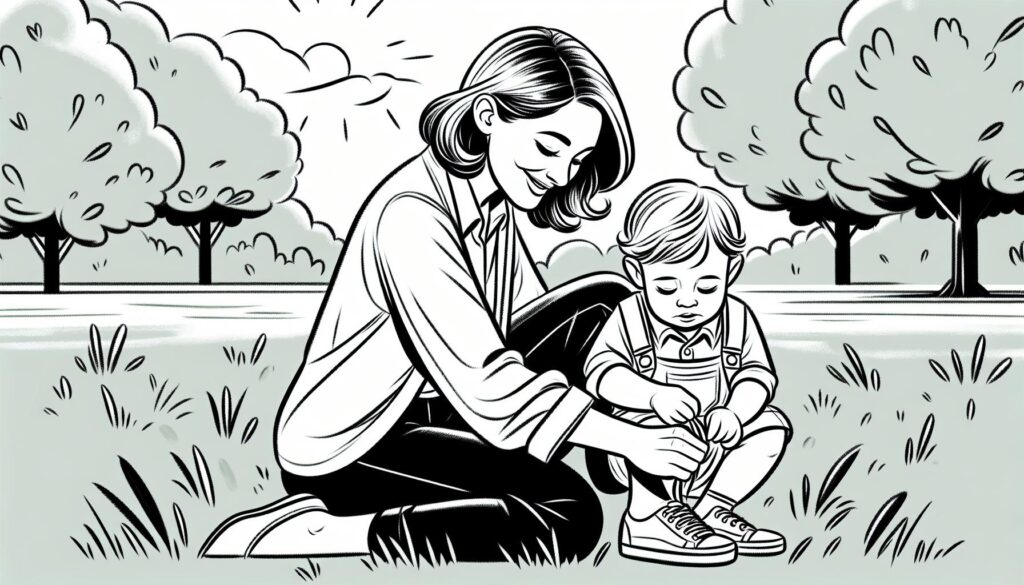When it comes to the care and protection of children or vulnerable adults, understanding the roles of custodians and guardians is crucial. While these terms are often used interchangeably, they represent distinct legal responsibilities and rights. A custodian typically manages the day-to-day care of a minor, while a guardian holds broader legal authority over a person’s welfare and decisions.
Clarifying these differences can empower families to make informed choices about their loved ones’ futures. Whether planning for unexpected circumstances or simply ensuring the best care, knowing the nuances between custodians and guardians can provide peace of mind. This article will delve into their roles, responsibilities, and the legal implications of each, helping readers navigate this important aspect of caregiving.
Understanding Custodians and Guardians
Custodians and guardians play key roles in the care of minors and vulnerable adults. Understanding their distinctions helps families make informed choices.
Definition of Custodian
A custodian is responsible for the daily care and supervision of a minor. This role includes providing food, shelter, education, and overall wellbeing. Custodians ensure that children have a safe environment and that their basic needs are met. Importantly, custodians do not have legal rights to make major decisions regarding medical care or legal matters for the child. Their focus lies in routine care and immediate needs.
Definition of Guardian
A guardian holds legal authority over a minor or vulnerable adult. This role grants the guardian the power to make significant decisions related to education, healthcare, and welfare. Guardianship involves a broader set of responsibilities compared to custodianship, as guardians must act in the best interest of the person under their care. This can include managing finances and legal affairs, ensuring that all decisions support the individual’s long-term needs and safety.
Key Differences Between Custodian and Guardian
Understanding the key differences between custodians and guardians is essential for families making caregiving decisions. Each role serves distinct functions and has varying legal rights.
Roles and Responsibilities
Custodians focus on daily care, handling tasks such as providing food, shelter, and education. They ensure the minor’s immediate needs are met but lack the authority to make significant legal or medical decisions. Guardians, on the other hand, possess the legal power to make important choices regarding education, healthcare, and overall welfare. Guardians can also manage finances and handle legal matters, giving them a broader scope of responsibility.
Legal Implications
Custodians do not hold legal rights over significant decisions, which can limit their authority in emergencies. Guardians maintain legal authority to make crucial decisions, often requiring court appointment. This difference informs families about potential challenges when seeking care options for loved ones. Understanding each role’s legal implications aids in making informed choices about caregiving arrangements.
When to Choose a Custodian vs a Guardian
Choosing between a custodian and a guardian involves understanding the specific needs of the minor or vulnerable adult, along with the responsibilities associated with each role.
Factors to Consider
- Immediate Care Needs: Consider daily needs such as food, shelter, and education. A custodian is suitable for focusing on these tasks.
- Decision-Making Authority: Assess who needs legal authority. Guardians can make critical decisions regarding health and education.
- Duration of Care: Evaluate how long care may be needed. Custodians may provide short-term care, while guardians may be a long-term solution.
- Financial Management: If financial decisions must be made, appointing a guardian might be necessary since custodians lack this authority.
- Relationship with the Individual: Reflect on personal connections. A guardian might be a family member, while a custodian is often a professional.
Situational Examples
- Short-Term Custody: If a parent needs to travel for work, they might choose a custodian to care for their child temporarily.
- Medical Decisions: If a child faces a serious health issue, appointing a guardian is crucial for making informed medical choices.
- Educational Decisions: When enrolling a child in school, a guardian’s authority allows for decisions regarding education.
- Long-Term Placement: In cases where a child cannot return to their parents, a guardian often becomes the permanent caretaker.
- Legal Affairs: If financial decisions arise, selecting a guardian ensures that someone can manage these duties effectively.
Conclusion
Understanding the differences between custodians and guardians is crucial for families navigating care options. Each role plays a vital part in ensuring the wellbeing of minors and vulnerable adults. Custodians focus on daily care while guardians have the authority to make significant decisions that affect long-term welfare.
By recognizing these distinctions families can better assess their unique situations and make informed choices. Whether considering short-term solutions or long-term planning the clarity between these roles empowers caregivers to provide the best support possible.
Frequently Asked Questions
What is the main difference between a custodian and a guardian?
A custodian cares for a minor or vulnerable adult’s daily needs, like food and shelter, but lacks legal authority for major decisions. In contrast, a guardian has legal power to make critical decisions regarding education, healthcare, and finances.
When should I choose a custodian?
Consider appointing a custodian for short-term care situations where immediate needs are prioritized, like during a temporary absence of parents or guardians. Custodians excel in managing day-to-day well-being without needing legal authority for significant decisions.
When is it necessary to appoint a guardian?
Appoint a guardian when a minor or vulnerable adult needs long-term care and legal decision-making authority, particularly for critical medical or educational choices. This situation often requires a court appointment to ensure proper legal status.
Do custodians have any legal responsibilities?
Yes, custodians are responsible for the day-to-day care and well-being of the person in their care. However, they do not have the authority to make significant legal or medical decisions, which remain the guardian’s responsibility.
How can families decide between a custodian and a guardian?
Families should assess the individual’s needs, the duration of care required, and the decision-making authority necessary. Consider immediate care requirements versus the importance of critical legal decisions when making this choice.



